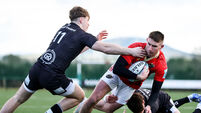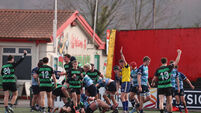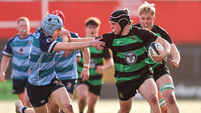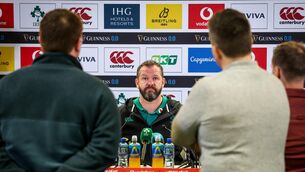Donal Lenihan: The once-electric Champions Cup has reached a crossroads
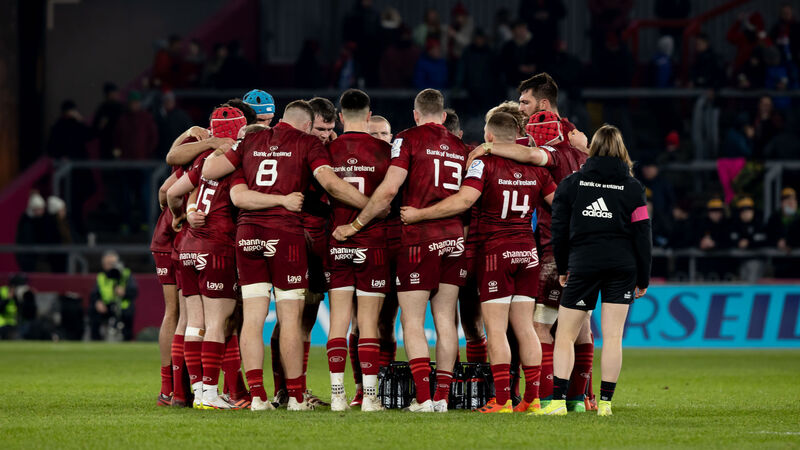
The Munster huddle before the Champions Cup clash against Castres at Thomond Park at the weekend. While Munster still hold the tournament so dear, Donal Lenihan fears it ‘appears to be fading in the consciousness of a growing number of competing clubs’, citing the number of understrength teams played in recent rounds.


